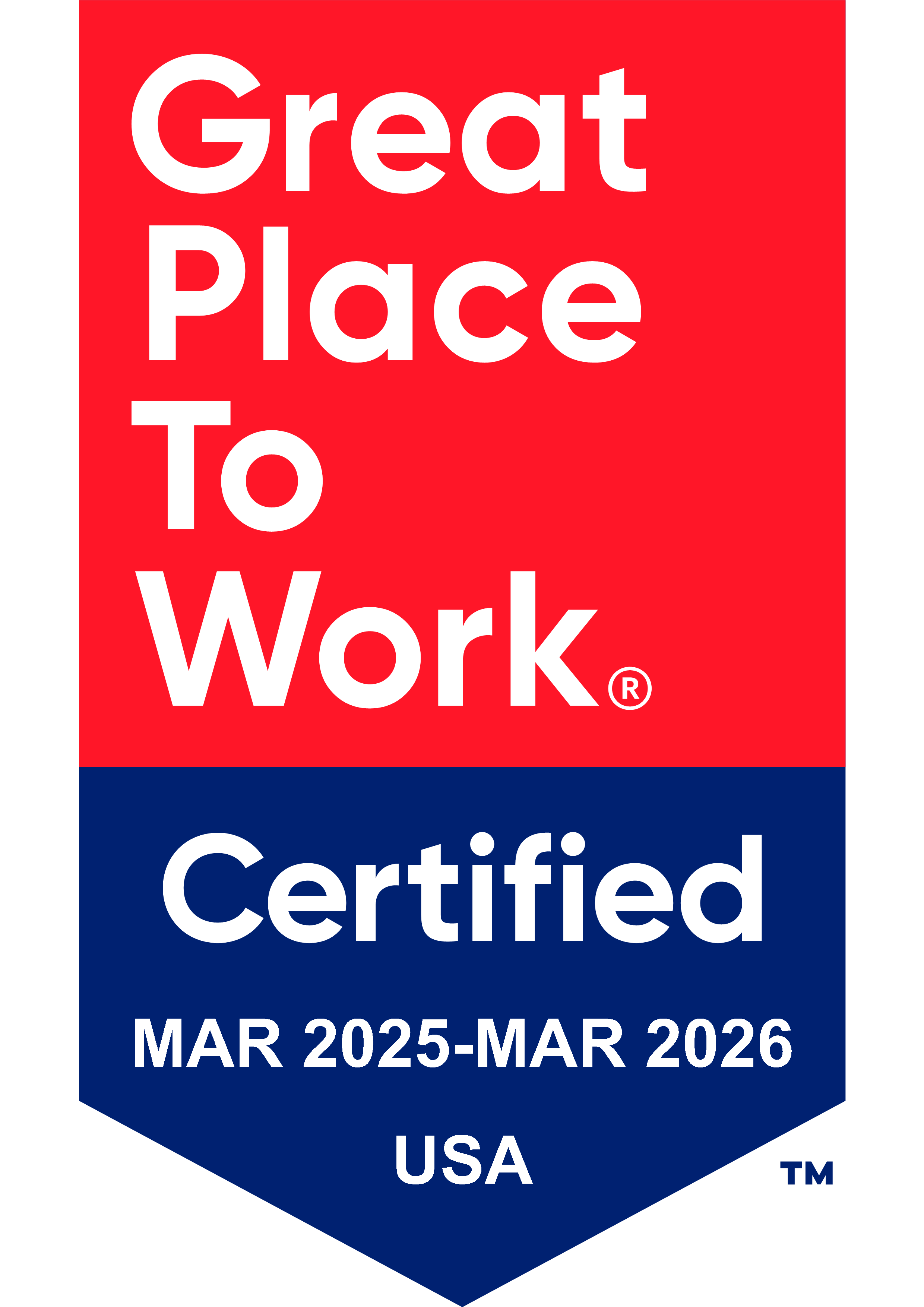The Human Skills Companies Really Need
Two key human skill categories have emerged as critical when it comes to successfully integrating an AI strategy into your organization. Success in the workplace hinges on personal relationships. Thus, the first key factor is effective interpersonal skills, such as basic conflict resolution, communication, and impartial decision-making.
The second factor is domain expertise, which entails ‘knowledge transfer’ from experienced talent to younger, less experienced workers. This deep knowledge becomes indispensable, especially when AI encounters server challenges or provides inaccurate information.
The Invaluable Human Skills in AI
Replacing human talent with AI might seem tempting from a cost and productivity standpoint, but it’s a flawed strategy and will ultimately be a huge mistake.
Firstly, AI is ‘copyable’ based on historical data that may not be evergreen across dynamic environments.
Secondly, AI pulls information from all over the internet to provide output. It is subject to fabrication and inaccurate information. Handing the reigns completely to AI is a liability for inaccurate decision-making.
Thirdly, your organization will not achieve sustainable profit growth and competitive advantage with an AI-dependent workforce. Business decisions are accumulations of context—labor issues, economy, geopolitics, etc. This is where domain expertise becomes invaluable. With domain expertise, your organization will develop stronger, uncopiable business decisions to help your organization reach a ‘human’ competitive advantage.
AI is a tool—not a people replacement.
The Framework to Successfully Implement AI
The implementation challenge is more than combining humans with AI. Rather, the challenge lies in redefining business models around AI’s capabilities. As defined by Harvard Business Review, the Four I framework is key to successfully implementing AI:
- Intentionality: Design your business models intentionally around AI capabilities, avoiding the pitfall of merely applying Artificial Intelligence to existing processes. It’s the seamless synergy between technology and business strategy.
- Integration: Break down silos, ensuring horizontal communication and real-time visibility across all functions of the enterprise.
- Implementation: Foster familiarity with AI capabilities, affording your team learning opportunities to develop new skills, even if it temporarily impacts productivity.
- Indication: Your traditional performance measures aren’t effective. Develop novel metrics tied directly to the purposeful intentionality of the business model, leveraging generative AI for performance measurement. This ensures you’re measuring what truly matters for success.
In conclusion, while the AI hype is real, focusing on enhancing human skills and strategically integrating Artificial Intelligence can set your organization apart. Business leaders must recognize and invest in interpersonal and domain expertise skills and purposefully design their organization for the age of generative AI.
No matter how advanced and robust AI becomes, you’ll never fully be able to replace humans with machines. The new business strategy is about empowering humans to work seamlessly alongside AI, creating a powerful synergy that defines the new era of business.


